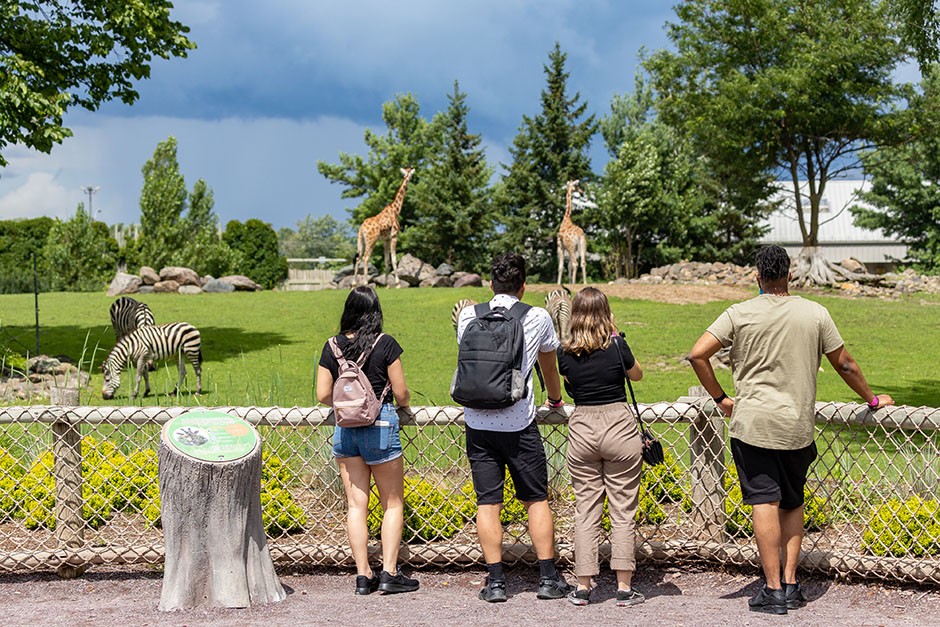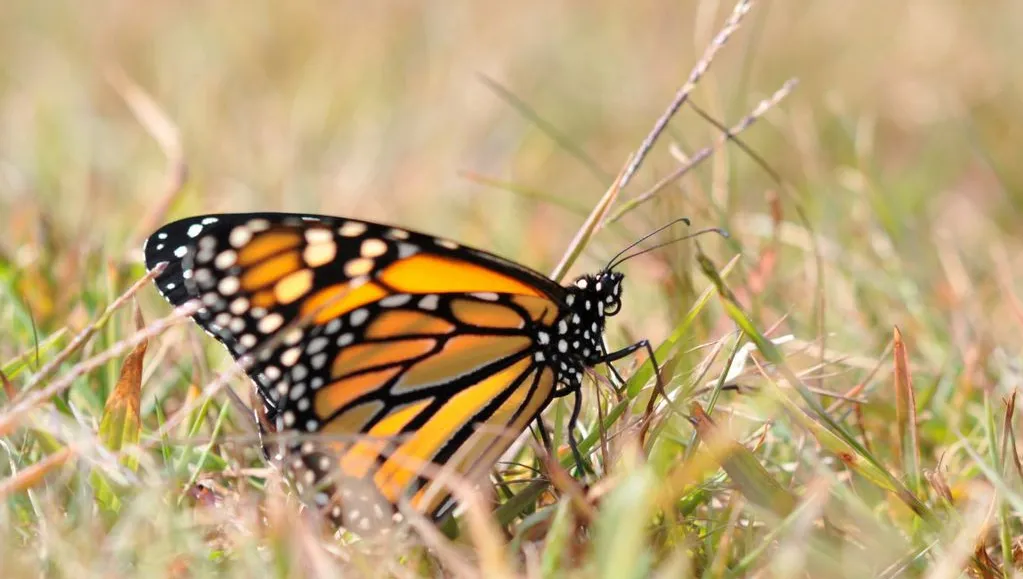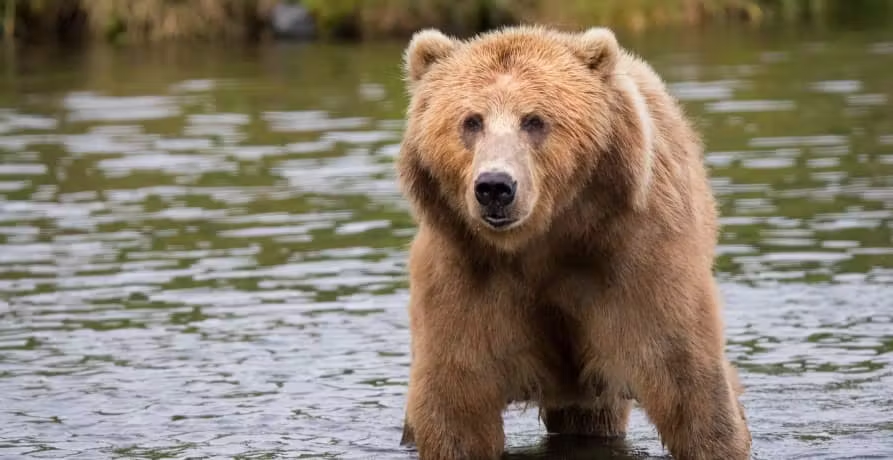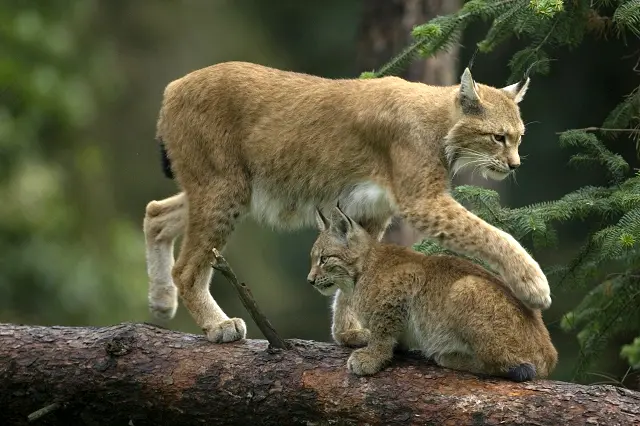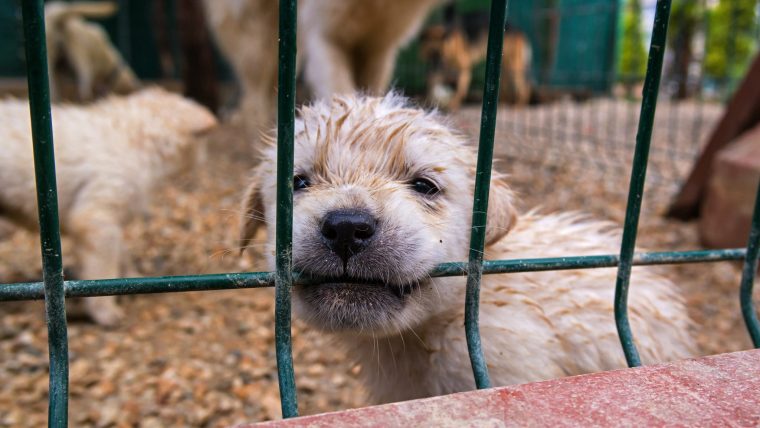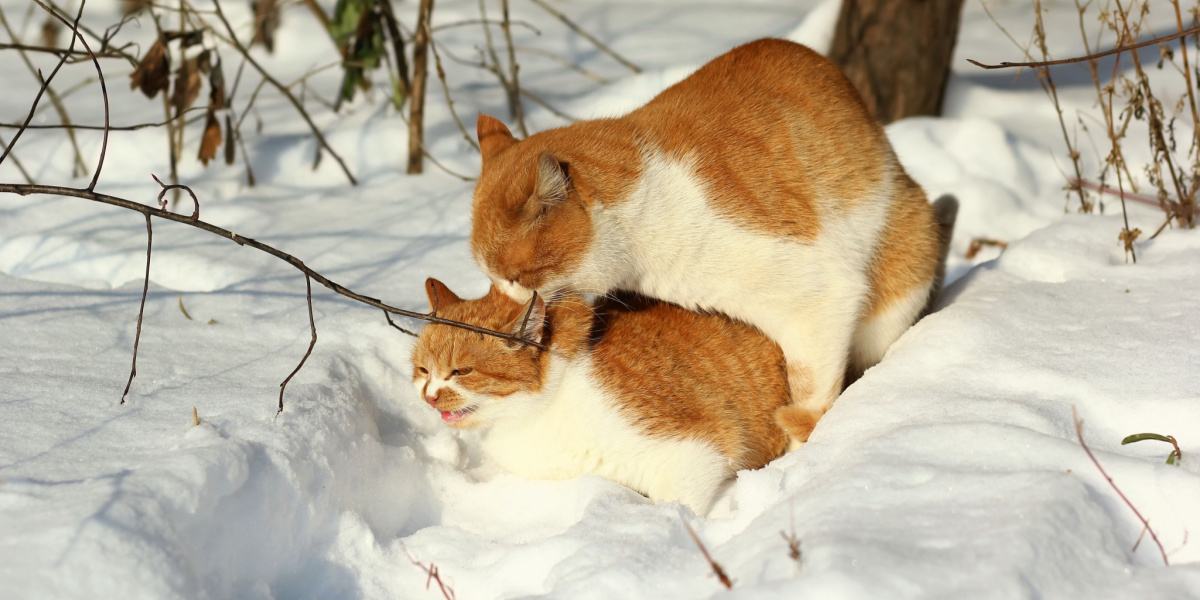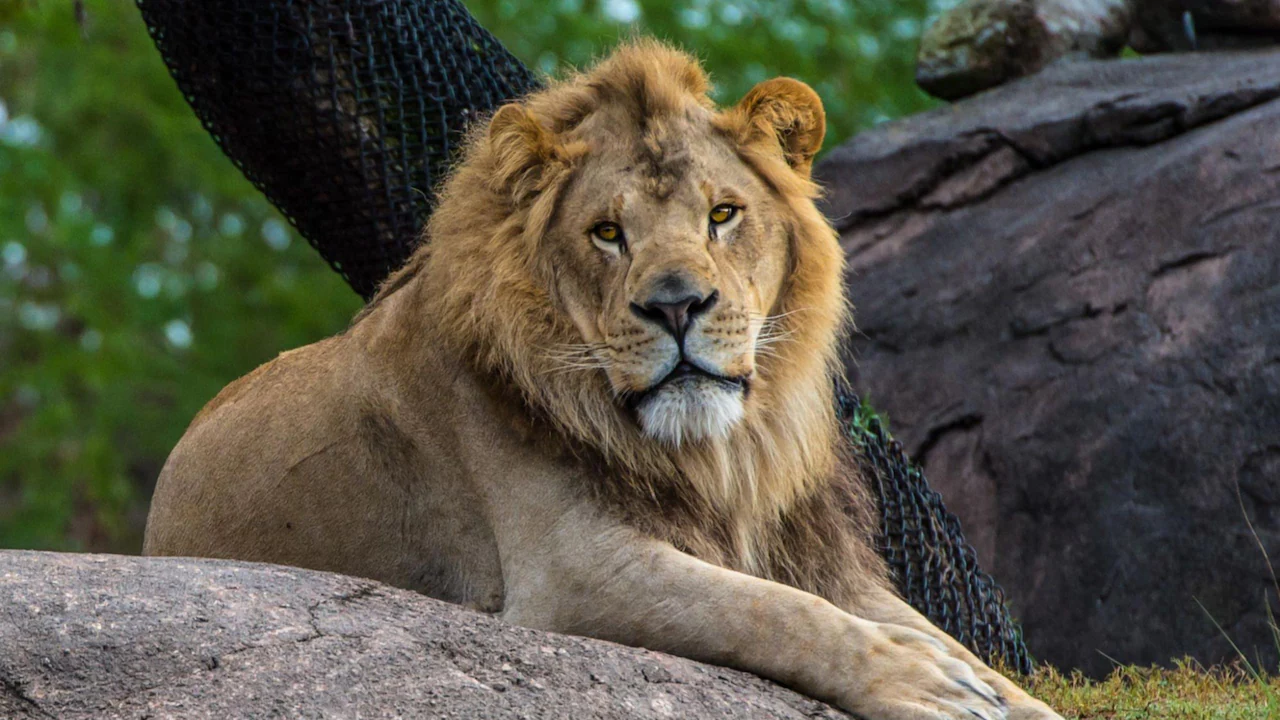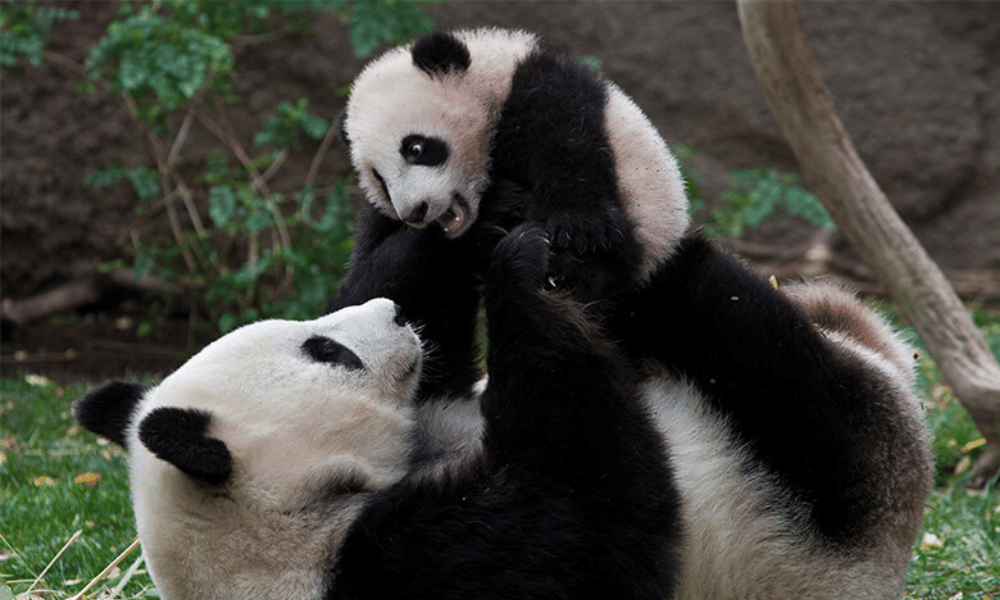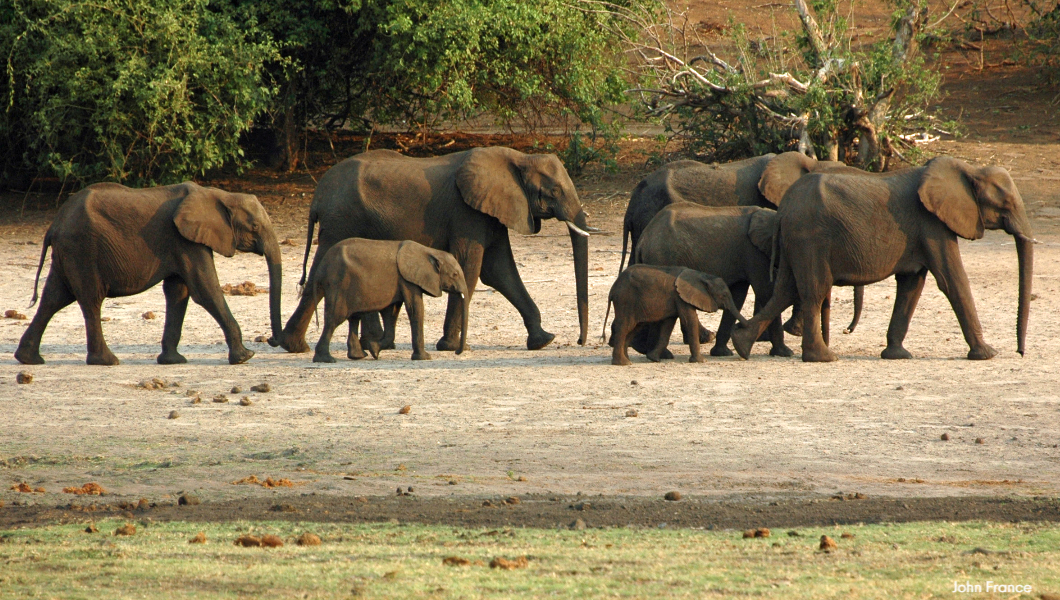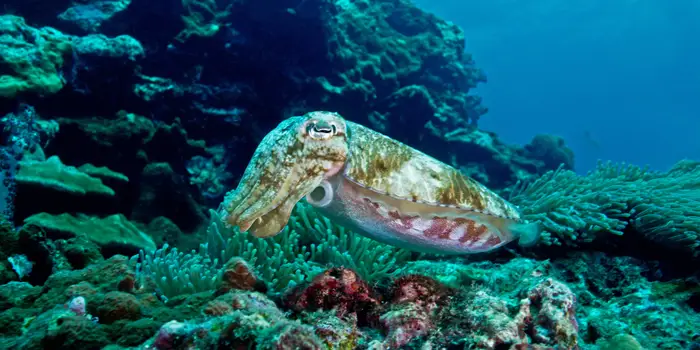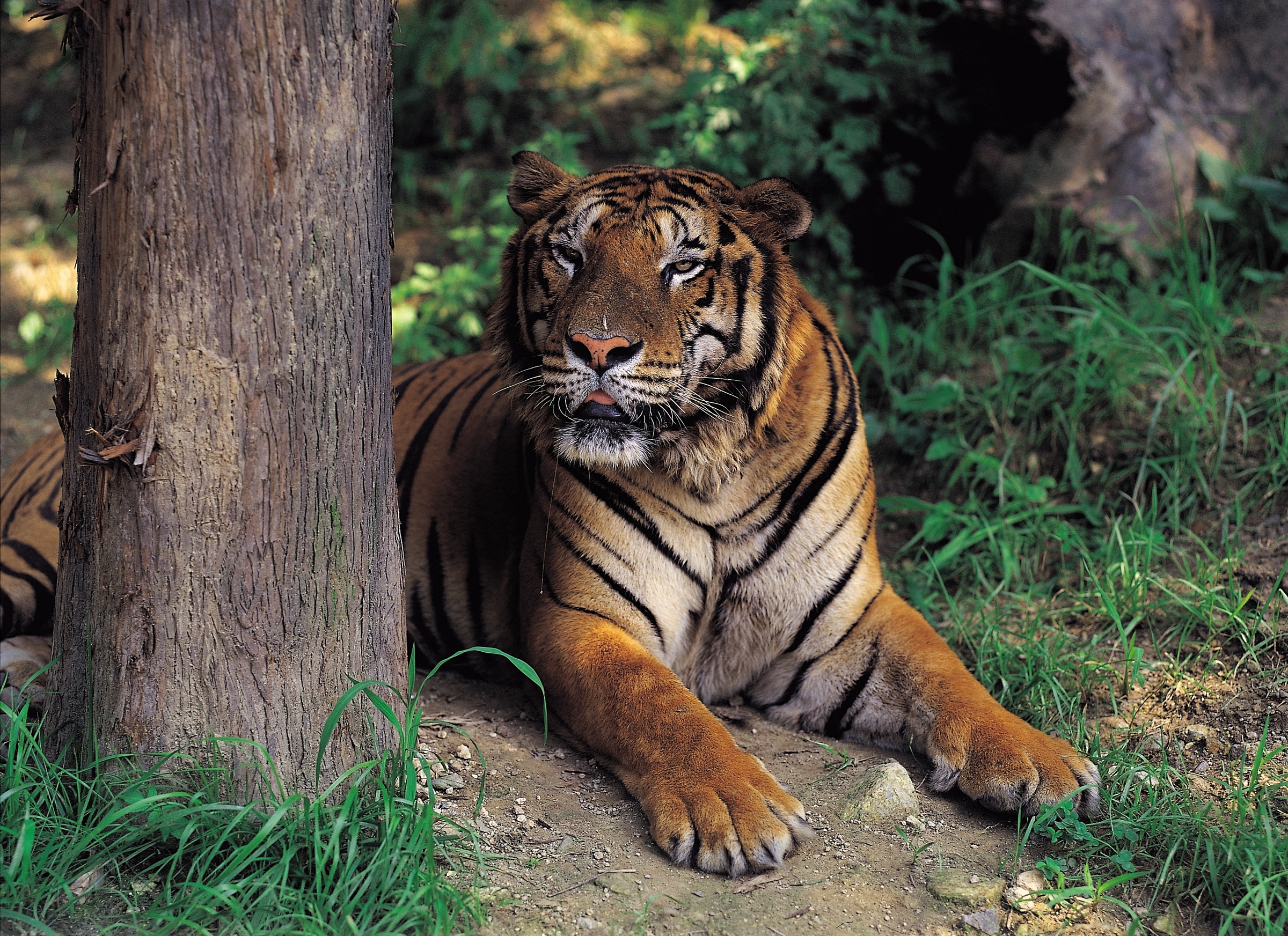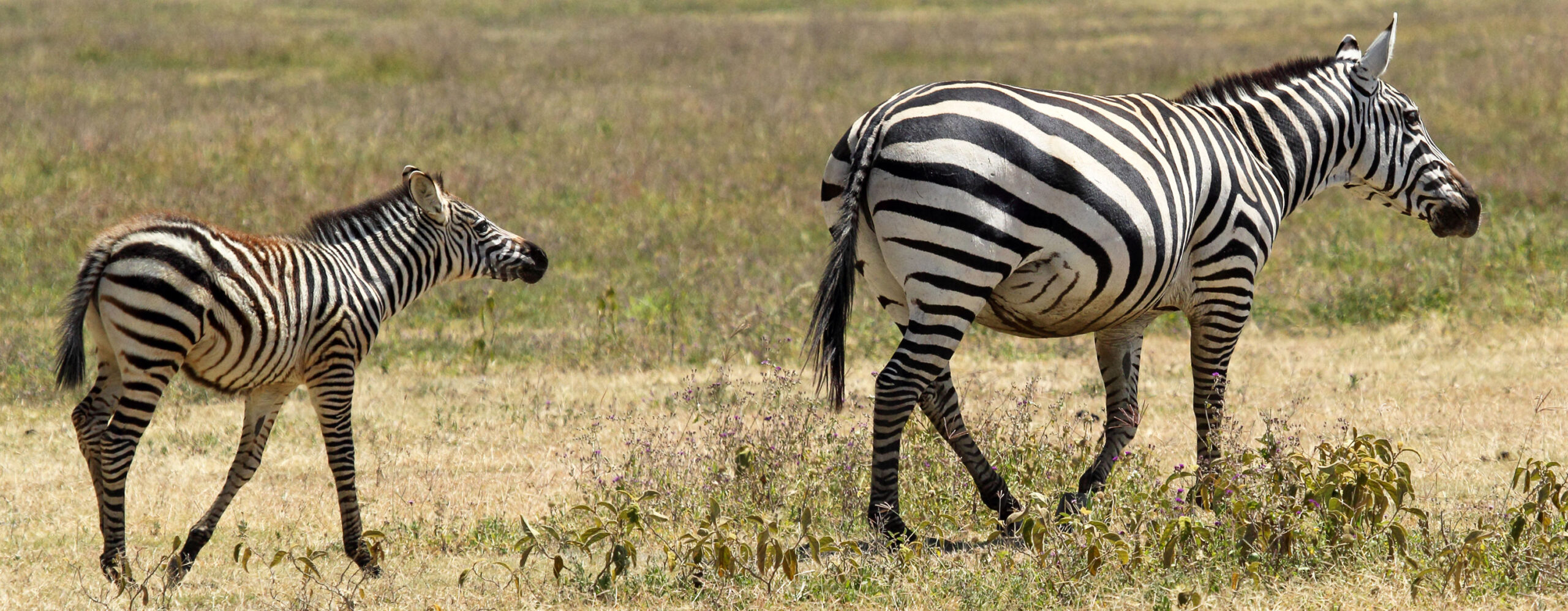When I was a kid, I’d spend hours at the local zoo, nose pressed against the glass of the reptile house, mesmerized by a python’s slow coil. I thought I wanted to be a “zoo scientist,” picturing myself feeding giraffes or studying lion roars. Years later, volunteering at a wildlife rehab center, I learned that what I was fascinated by was zoology—and that zoo science was a different beast altogether. If you’re curious about animals and wondering which field suits your passion, this article is for you. We’ll unpack zoology and zoo science, diving into their differences, overlaps, and career paths with real-world examples and a sprinkle of humor (because who doesn’t love a good animal pun?). Whether you’re a student eyeing a degree or just love nature, let’s explore these fields and help you decide where your wild heart belongs.
What Is Zoology?
Zoology is the scientific study of animals, from their biology and behavior to their evolution and habitats. It’s a broad field that spans lab research to fieldwork, covering everything from microscopic worms to massive whales. Think of it as the ultimate animal detective work, uncovering how creatures live, adapt, and survive.
Scope of Zoology
Zoologists might study migration patterns, genetic diversity, or predator-prey dynamics. During a college internship, I tagged along with a zoologist tracking bat echolocation—mind-blowing to see science reveal nature’s secrets. It’s about understanding animals in their natural context, often in the wild.
Key Areas of Study
From entomology (insects) to herpetology (reptiles), zoology branches into specialties. Each digs into specific animal groups, answering questions like why birds migrate or how fish breathe. It’s a field for curious minds who love puzzles.
- Examines anatomy, physiology, and genetics.
- Focuses on wild populations and ecosystems.
- Often involves fieldwork in remote areas.
What Is Zoo Science?
Zoo science, or zookeeping, focuses on the care, management, and study of animals in captivity. It blends hands-on animal husbandry with conservation and education, ensuring zoo animals thrive while teaching visitors about biodiversity. It’s less about broad research and more about practical, daily animal welfare.
Core Responsibilities in Zoo Science
Zoo scientists feed, monitor health, and enrich environments for captive animals. I once watched a zookeeper at a local zoo craft a puzzle feeder for an orangutan—it was like designing a toy for a furry engineer. Their work keeps animals physically and mentally healthy.
Connection to Conservation
Zoo science supports breeding programs and reintroduction efforts. Think of zoos as modern arks, preserving species like the Amur leopard. It’s rewarding but demands patience with repetitive tasks like cleaning enclosures.
- Prioritizes animal welfare in controlled settings.
- Involves public education through exhibits.
- Supports conservation via captive breeding.
Zoology vs. Zoo Science: A Side-by-Side Comparison
While both fields love animals, their focus differs. Zoology is research-driven, exploring animals in their natural habitats, while zoo science is hands-on, managing animals in human-designed environments. Here’s a quick breakdown to clarify.
| Aspect | Zoology | Zoo Science |
|---|---|---|
| Focus | Animal biology, behavior, ecosystems | Captive animal care, welfare, education |
| Work Environment | Labs, field sites, universities | Zoos, aquariums, sanctuaries |
| Primary Goal | Scientific discovery, conservation | Animal health, public engagement |
| Education | Advanced degrees (MSc, PhD) | Certificates, bachelor’s, or associate degrees |
Pros of Zoology: Deepens animal knowledge, offers fieldwork adventures. Cons: Competitive, often requires advanced education.
Pros of Zoo Science: Direct animal interaction, public impact. Cons: Physically demanding, lower pay initially.
Education and Training Requirements
Both fields need education, but the paths diverge. Zoology leans academic; zoo science emphasizes practical skills. Your choice depends on whether you prefer studying or caregiving.
Zoology Education Path
A bachelor’s in biology or zoology is the starting point, often followed by a master’s or PhD for research roles. I knew a grad student who spent years studying frog calls—her degree opened doors to global fieldwork. Courses cover genetics, ecology, and statistics.
Zoo Science Training
Zoo science often requires a certificate or associate degree in zoo technology, though bachelor’s degrees in biology help. Internships, like my stint cleaning parrot cages, teach hands-on skills. Programs like those at Santa Fe College focus on husbandry and enclosure design.
- Zoology: Requires coursework in chemistry, physics, and math.
- Zoo Science: Emphasizes animal behavior, nutrition, and veterinary basics.
- Overlap: Both benefit from internships and volunteer work.
| Degree Type | Zoology | Zoo Science |
|---|---|---|
| Minimum | Bachelor’s | Certificate/Associate |
| Advanced | PhD for research | Bachelor’s for management |
| Duration | 4-8 years | 1-4 years |
Pros of Zoology Education: Opens academic and research careers. Cons: Long, costly study period.
Pros of Zoo Science Training: Faster entry, practical focus. Cons: Limited upward mobility without degrees.
Career Opportunities in Zoology
Zoologists have diverse paths, from academia to wildlife management. Their work shapes conservation policies and deepens our understanding of biodiversity.
Research and Academia
Zoologists might study animal genetics in labs or teach at universities. A friend’s professor discovered a new fish species—talk about a career highlight. These roles often involve publishing and grant writing.
Fieldwork and Conservation
Field zoologists track animals in the wild, like monitoring elephant migrations. It’s thrilling but rugged—think camping in jungles with spotty Wi-Fi. NGOs like WWF often hire for these roles.
- Wildlife biologist: Studies animal populations.
- Conservation scientist: Protects endangered species.
- Academic researcher: Publishes animal studies.
Career Opportunities in Zoo Science
Zoo science careers are hands-on, focusing on animal care and public education. They’re perfect for those who love daily animal interaction.
Zookeeping Roles
Zookeepers manage diets, health, and enrichment. Watching a keeper train a sea lion to wave was like seeing a choreographed dance. Entry-level roles involve cleaning but lead to specialized care.
Zoo Management and Education
Senior roles involve designing exhibits or leading education programs. Zoos like San Diego’s hire educators to inspire kids, blending science with storytelling.
- Zookeeper: Daily animal care.
- Curator: Oversees zoo collections.
- Educator: Runs tours and workshops.
| Career Path | Zoology Examples | Zoo Science Examples |
|---|---|---|
| Entry-Level | Research assistant | Junior zookeeper |
| Mid-Level | Wildlife biologist | Senior keeper |
| Senior | Professor, lead researcher | Zoo curator |
Pros of Zoology Careers: High impact, diverse roles. Cons: Job scarcity, funding reliance.
Pros of Zoo Science Careers: Direct animal work, public engagement. Cons: Lower salaries, physical demands.
Tools and Technologies Used
Both fields use tools, but their applications differ. Zoologists lean on research tech; zoo scientists use care-focused equipment.
Tools for Zoologists
Zoologists use GPS trackers, camera traps, and DNA sequencers. During a field study, I saw researchers use drones to monitor bird nests—high-tech stuff! Software like R analyzes data.
Tools for Zoo Science
Zookeepers rely on veterinary tools like stethoscopes, scales, and enrichment devices. Puzzle feeders, for instance, keep animals mentally sharp. Apps track health records.
- Zoology: Microscopes, statistical software, telemetry.
- Zoo Science: Feeding tools, medical kits, training aids.
- Shared: Binoculars, observation logs.
| Tool | Zoology Use | Zoo Science Use |
|---|---|---|
| GPS Tracker | Animal migration | N/A |
| Stethoscope | Field health checks | Daily monitoring |
| Camera Trap | Behavior studies | Exhibit safety |
Pros of Zoology Tools: Cutting-edge tech. Cons: Expensive, complex.
Pros of Zoo Science Tools: Practical, accessible. Cons: Less research-focused.
Where to Study Zoology and Zoo Science
Aspiring professionals need the right training grounds. Options range from universities to specialized programs.
Top Zoology Programs
Universities like Oxford or UC Davis offer robust zoology degrees. Online courses from Coursera cover basics like animal behavior. I took a short ecology course—opened my eyes to species interactions.
Zoo Science Training Centers
Programs like Moorpark College’s Exotic Animal Training focus on zoo science. Internships at zoos like Bronx Zoo provide real-world experience. Check AZA.org for accredited programs.
- Zoology: Cornell, University of Cambridge.
- Zoo Science: Santa Fe College, Moorpark.
- Online: edX, Red Cross for basics.
| Program Type | Zoology | Zoo Science |
|---|---|---|
| University | UC Davis | N/A |
| Specialized | N/A | Moorpark College |
| Online | Coursera | AZA Courses |
Pros of Zoology Programs: Prestigious, research-focused. Cons: Costly, competitive.
Pros of Zoo Science Programs: Hands-on, quicker entry. Cons: Fewer academic opportunities.
Best Tools for Getting Started
Transactional: For zoology, invest in binoculars ($100, Nikon) or software like PAST for data analysis (free). For zoo science, grab a basic veterinary kit ($50, Amazon) or enrichment toys. Apps like iNaturalist help both fields with species ID.
People Also Ask: Common Questions About Zoology and Zoo Science
From Google searches, here are real queries answered concisely.
What is the main difference between zoology and zoo science?
Zoology studies animals scientifically, often in the wild, while zoo science focuses on caring for captive animals and educating the public.
Can a zoologist work in a zoo?
Yes, zoologists may research or consult in zoos, but zookeeping roles lean toward zoo science training.
Is zoo science a good career?
It’s rewarding for animal lovers, offering hands-on work but lower pay and physical demands.
What degree is best for zoology?
A bachelor’s in zoology or biology, often followed by a master’s or PhD for research roles.
How do I become a zookeeper?
Start with a certificate in zoo science, volunteer at zoos, and gain hands-on experience.
What Is Animal Behavior Research?
Informational: It’s a zoology branch studying how animals interact, mate, and survive. Zoologists observe behaviors like migration or mating dances, often in natural habitats, to inform conservation.
Where to Get Training for Zoology and Zoo Science
Navigational: For zoology, check universities like UC Davis or online platforms like edX. For zoo science, explore AZA-accredited programs or internships at zoos like San Diego Zoo (sandiegozoo.org).
Pros and Cons of Choosing Zoology vs. Zoo Science
Zoology Pros: Deep scientific impact, diverse career paths. Cons: Long education, competitive jobs.
Zoo Science Pros: Direct animal interaction, quicker career entry. Cons: Physically taxing, lower pay.
FAQ: Your Questions Answered
Do zoologists work with zookeepers?
Yes, they collaborate on conservation and research, but roles differ—zoologists study, zookeepers care.
Is zoology only about wild animals?
No, it includes lab and captive studies, but the focus is often natural habitats.
Can zoo science lead to zoology careers?
With further education, yes—zoo experience can boost zoology applications.
What’s the average salary for each?
Zoologists earn ~$70,000; zookeepers ~$40,000, varying by experience.
Are there online courses for both?
Yes, Coursera for zoology basics; AZA for zoo science training.
Reflecting on my zoo days, both fields fuel a love for animals but cater to different souls. Zoology’s for the curious mind chasing nature’s mysteries; zoo science is for hands-on hearts nurturing captive creatures. Pick your path, dive in, and let the animal world guide you. Word count: 2,512.
